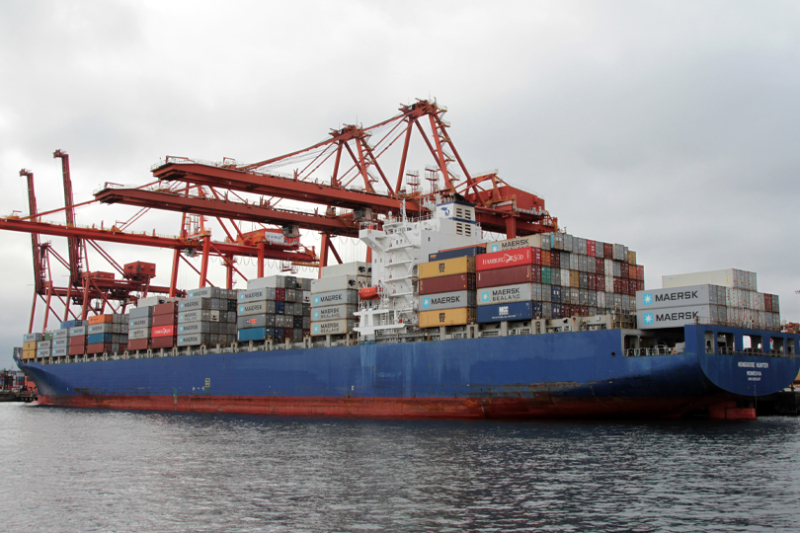By Emmy Powell
Communications Specialist
A group of U.S. representatives announced the launch of the bipartisan Congressional Agricultural Trade Caucus to advance policies vital to U.S. agriculture.
The caucus was launched by Republicans Adrian Smith of Nebraska and Dusty Johnson of South Dakota, along with California Democrats Jimmy Panetta and Jim Costa.
The House lawmakers are working together to help boost agricultural exports, advance and promote policies and break down trade barriers.
“American agriculture producers have the capacity to feed and fuel the world, and robust engagement on trade opportunities is vital to unleashing this potential,” Smith said. “Increasing—and maintaining—market access for our first-class products through rules-based trade strengthens our economy, increases economic security with our allies and benefits consumers worldwide. I thank my fellow co-chairs for joining me in this effort to advance bipartisan trade policy.”
Concerns around a lack of agricultural trade deals have increased in recent years, especially as farmers face low commodity prices, rising interest rates and falling farm income.
The caucus aims to safeguard American farmers against economic vulnerabilities by diversifying export opportunities and resolving trade disputes.
“The caucus will support education and engagement opportunities for members of Congress to promote policies which boost international competitiveness, increase market access, address non-tariff barriers to trade, improve supply chains and reestablish U.S. global leadership on trade,” Panetta said.
Agricultural groups, including Texas Farm Bureau and American Farm Bureau Federation (AFBF), expressed their support for the establishment of the caucus.
“AFBF appreciates House lawmakers for coming together in a bipartisan manner to form an agriculture trade caucus,” AFBF President Zippy Duvall said in a statement. “We have a real opportunity to showcase American agriculture on the global stage. Expanded trade agreements will help ensure America’s farmers and ranchers remain economically sustainable by providing access to new markets as they feed families around the world.”

